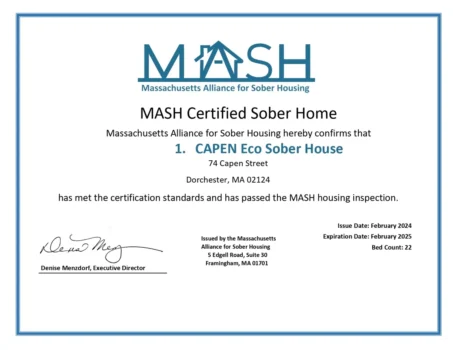
For example, if wine makes you sneeze, try drinking vodka or gin instead. Likewise, if beer makes you sneeze, try drinking vodka or gin instead. And if cocktails make you sneeze, try making your own with fresh fruit juices instead of pre-made mixes. Although not a true allergy, in some cases, what seems to be alcohol intolerance might be your reaction to something in an alcoholic beverage — such as chemicals, grains or preservatives. Combining alcohol with certain medications also can cause reactions. First, red wine can cause headaches because it contains high levels of compounds called tannins, which inhibit the enzymes that protect the brain from substances that can trigger migraines.
How to Test for an Alcohol Allergy

Histamine is a chemical that occurs naturally in your body. It’s also found in many foods and beverages, especially fermented products. For example, aged cheese, smoked meats, sauerkraut, wine, and beer tend to be high in histamines. In addition, people with asthma or other food or inhalant allergies might be more likely to have alcohol allergies or intolerances. Alcohol intolerance is most common in people of Asian descent because they are more likely to have a genetic mutation that prevents enzymes from breaking down alcohol.
What Does It Mean to Have a Beer Allergy?
Be aware, however, that labels might not list all ingredients. However, if you have a serious reaction or severe pain, see your doctor. Also, if your symptoms seem to be linked to an allergy or a medication you’re taking, see your doctor. Alcohol sneezing after drinking alcohol can trigger asthma attacks in patients who have previously been diagnosed with asthma. You had a long week, and you opened that bottle of wine to help you relax — but instead you wound up with a stuffy nose you now have to deal with.
Tips for Coping With Alcohol Relapse Triggers
The only solution for alcohol intolerance is to completely avoid alcohol. Have you ever gotten a stuffy nose after a glass of red wine? We have plenty of reasons on alcohol intolerances, allergies and what to do next.
This condition is sometimes inaccurately referred to as beer allergy and the only way to prevent beer allergy is to avoid beer altogether. While just about anything can trigger an allergic reaction, some things (like a bee sting, peanuts, and certain foods) are more likely to trigger allergic reactions than others. Although found in low levels in alcoholic drinks, yeasts can cause true allergic reactions. The symptoms include wheezing, sneezing, diarrhea, nausea, heartburn, dizziness, white coated tongue, sore throat, skin rashes and abdominal pain. However, some people do experience true allergic reactions after drinking alcoholic beverages. In this case, the ethanol isn’t the culprit, but rather another ingredient in your beverage, such as a fermented grain, preservative or other chemical.
- She is also an accomplished medical writer and editor, and was formerly a senior medical officer with the U.S.
- If beer seems to be the issue, it’s probably the yeast, says Dr. Glatter.
- Beer allergies and intolerances are different—allergies are an immune response and intolerances are a digestive response.
- It is best for people who have gluten intolerance to avoid beer, unless it is gluten-free.
- They described the case of a 32-year-old man who sneezed uncontrollably three to four times after each meal.

The blood vessels around your nasal cavity can expand, making it a bit more difficult to breathe normally. If you’re looking for a way to prevent sneezing when you drink, try making your cocktails with fresh fruit juices instead of using pre-made mixes. This will help reduce the number of histamines in your drink and make it less likely to trigger a sneeze. If you find that certain foods make you sneeze, such as strawberries or shellfish, try avoiding them before you drink. This will help to reduce the number of histamines in your system and make it less likely that they’ll trigger a sneeze. Alcohol intolerance is caused by a genetic condition in which the body can’t break down alcohol efficiently.

- This effect can also make you feel hot when you drink alcohol, but it can also lead to short-term nasal congestion.
- For example, people of Asian descent tend to have lower levels of ALDH.
- Just like wine, beer has a lot of ingredients that can make someone react negatively.
- Mixed drinks containing any of the ingredients mentioned earlier are also likely to cause sneezing.
- But what about if you feel funny while you’re still mid-drink?
